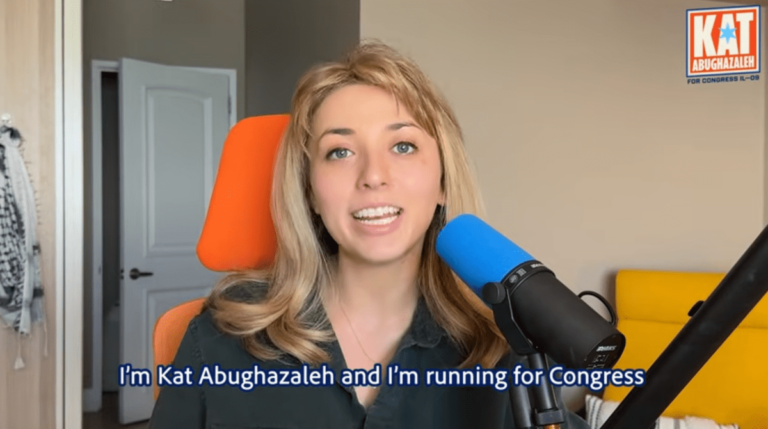Law Professors Support Authors in Groundbreaking AI Copyright Battle Against Meta
A group of esteemed professors in the realm of copyright law has taken a significant step by filing an amicus brief in support of authors who are suing Meta. The lawsuit centers around allegations that Meta utilized its Llama AI models to train on e-books without obtaining the necessary permissions from the authors.
Details of the Amicus Brief
Filed on Friday in the U.S. District Court for the Northern District of California, this brief critiques Meta’s fair use defense, characterizing it as “a breathtaking request for greater legal privileges than courts have ever granted human authors.”
Key Arguments Presented
The professors argue that:
- The use of copyrighted works for training generative models is not transformative.
- This usage mirrors the educational purpose of the works for human authors.
- Training models with these works competes with the original works in the same market, thus making it undeniably commercial.
Support from Industry Associations
In addition to the professors, several prominent organizations have also submitted amicus briefs supporting the authors:
- The International Association of Scientific, Technical, and Medical Publishers
- The Copyright Alliance, representing diverse artistic creators
- The Association of American Publishers
Meta’s Response
In response to the ongoing legal challenges, a Meta spokesperson directed TechCrunch to amicus briefs submitted by a smaller group of law professors and the Electronic Frontier Foundation, which support Meta’s position in this case.
The Case: Kadrey v. Meta
The lawsuit, known as Kadrey v. Meta, involves notable authors such as Richard Kadrey, Sarah Silverman, and Ta-Nehisi Coates. They allege that Meta infringed their intellectual property rights by using their e-books to train its AI models. Furthermore, they claim that Meta removed copyright information from these e-books to obscure the infringement.
Recent Developments
Meta asserts that its training practices qualify as fair use and has requested the court to dismiss the case based on the authors’ lack of standing to sue. However, earlier this month, U.S. District Judge Vince Chhabria allowed the case to proceed, noting:
- The allegations of copyright infringement indicate a “concrete injury sufficient for standing.”
- The authors adequately alleged that Meta intentionally removed copyright management information (CMI) to hide copyright infringement.
Ongoing AI Copyright Lawsuits
As the legal landscape evolves, various AI copyright lawsuits are currently under review, including The New York Times’ suit against OpenAI.
For more updates on copyright law and AI, stay tuned to our news section for the latest developments.







